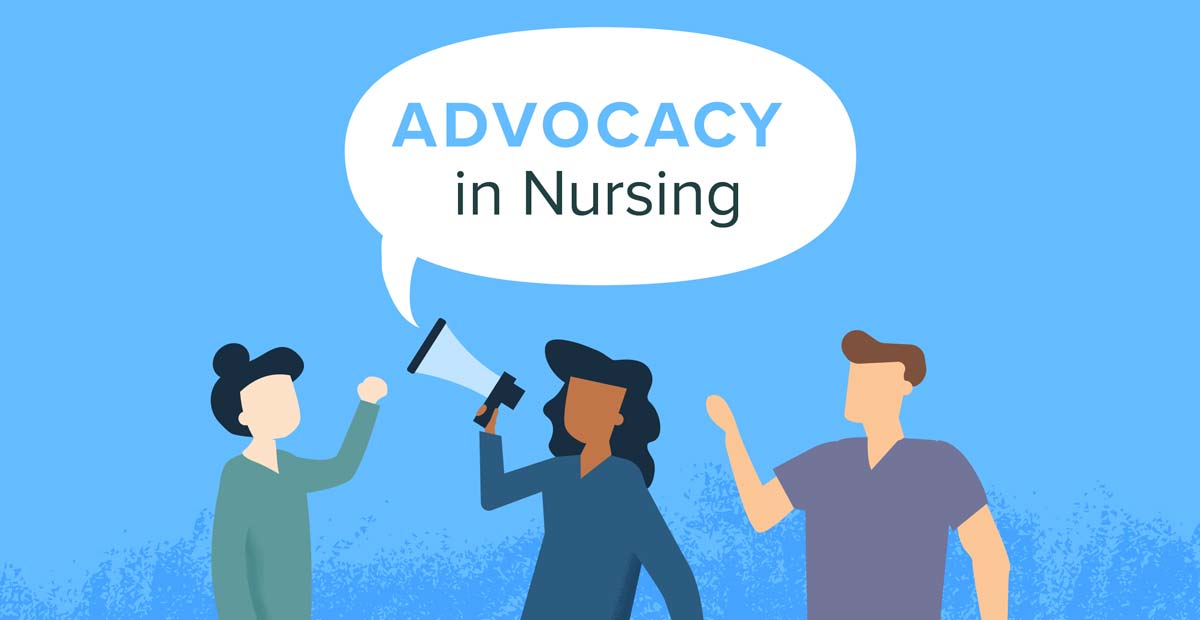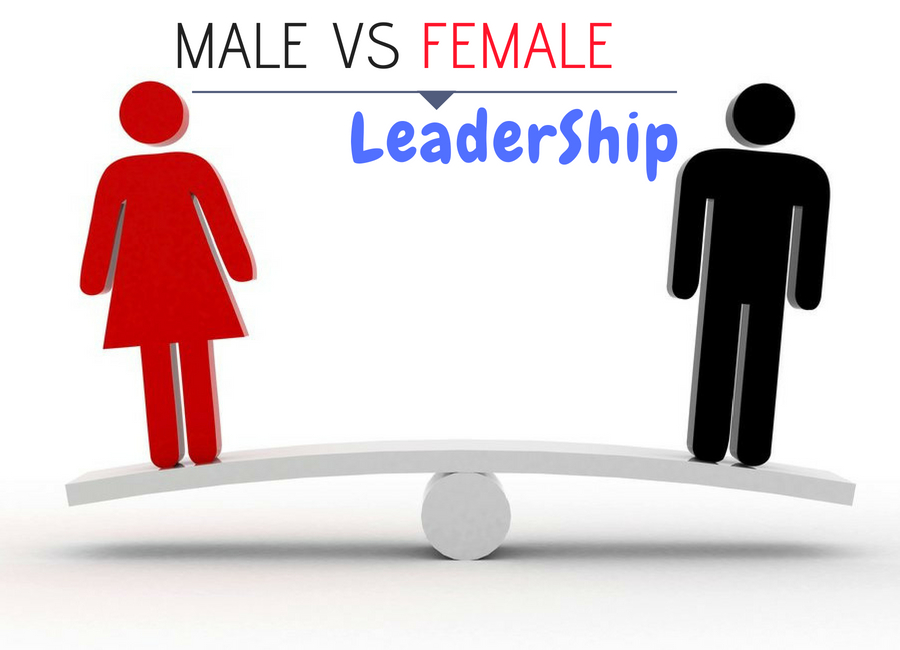Getting Involved in Nursing Advocacy Through the Barbara Lumpkin Institute
Getting Involved in Nursing Advocacy Through the Barbara Lumpkin Institute
(Getting Involved in Nursing Advocacy Through the Barbara Lumpkin Institute) PLEASE RESPOND TO THE FOLLOWING IN 50 WORDS OR MORE:
The Nursing Legislation and Advocacy page on the FNA website identifies 4-different ways for you to get involved with advocacy. Discuss which way(s) you would most likely get involved with and why? One of the four different ways to get involved with advocacy that I would get involved in according to the FNA website would be joining the Barbara Lumpkin Institute to have public policy education readily available to improve the healthcare system. By joining this group, I would be given the opportunity to annual symposium and provide financial support to nurses who are involved in healthcare policy (FNA). I love to enjoy researching different topics and interviewing my colleagues on how we can improve to be as safe as possible. I would emphasize the importance of patient-to-nurse ratios and how to manage the nursing shortage starting with staff burnout. There needs to be more support for bedside nursing as it seems like the rate of people going this route is less and less. Find and peruse the Barbara Lumpkin Toolkit (BLT). What are your thoughts about the information provided in the toolkit and what did you learn that you didn’t know before? I think that the Barbra Lumkin Toolkit (BLT) is an excellent tool to use for anyone looking to promote advocacy in the healthcare setting. Advocacy is such an important part of nursing not only for our patients but for ourselves as nurses as well. I especially liked learning about the “Ten Commandments for successful living with your legislator”. Something that I didn’t know before is that anyone can call or write to the legislators regarding their reason for change or alteration to current bills. I think that it is so important that nurses get their voices heard and share their opinions with the people who are involved with making changes to the healthcare system. References Florida Nurses Association. Barbara Lumpkin Institute. (n.d.).https://www.floridanurse.org/Links to an external site.

Advocacy plays a crucial role in nursing, influencing policies that directly impact healthcare delivery and patient outcomes. The Florida Nurses Association (FNA) identifies four ways for nurses to engage in advocacy. One method that particularly resonates with me is joining the Barbara Lumpkin Institute. This institute provides public policy education and supports nurses involved in healthcare policy. Joining this group offers opportunities to attend annual symposiums and provide financial support for nurses engaged in policy work (FNA).
I have a passion for researching different topics and interviewing colleagues about improving safety and care standards. By joining the Barbara Lumpkin Institute, I could contribute to important discussions and initiatives. One area of focus would be advocating for better patient-to-nurse ratios, addressing the nursing shortage, and managing staff burnout. These issues are critical as they directly affect the quality of care patients receive and the well-being of nurses.
There is a pressing need for more support for bedside nursing. Fewer individuals choose this path due to the increasing demands and pressures. Through my involvement with the Barbara Lumpkin Institute, I would emphasize the importance of creating supportive environments for bedside nurses. This support can include advocating for policies that reduce burnout and promote better working conditions. (Getting Involved in Nursing Advocacy Through the Barbara Lumpkin Institute)
The Barbara Lumpkin Toolkit (BLT)
The Barbara Lumpkin Toolkit (BLT) is an excellent resource for those interested in promoting advocacy in healthcare. Advocacy is vital for both patient care and the nursing profession. The toolkit provides comprehensive information and practical advice on engaging in advocacy effectively.
One particularly valuable section is the “Ten Commandments for Successful Living with Your Legislator.” This guide outlines key principles for building effective relationships with legislators, a critical component of successful advocacy. Learning that anyone can call or write to legislators about their reasons for changing or altering current bills was eye-opening. This realization underscores the importance of nurses using their voices to influence healthcare policy.
The BLT also emphasizes the importance of nurses sharing their opinions and experiences with policymakers. Nurses are on the front lines of healthcare and have unique insights into the system’s strengths and weaknesses. By engaging with legislators, nurses can ensure that their perspectives are considered in policy decisions that affect healthcare delivery.
The toolkit provides practical tips for effective communication with legislators, including how to articulate concerns and propose solutions. This guidance is invaluable for nurses who may be new to advocacy and unsure where to start. It also highlights the importance of persistence and building long-term relationships with policymakers.
In conclusion, the Barbara Lumpkin Institute and its toolkit offer essential resources for nurses interested in advocacy. Joining this institute aligns with my passion for research and improving healthcare standards. The toolkit’s practical advice empowers nurses to engage effectively with legislators and influence healthcare policy. Advocacy is a vital aspect of nursing, and the BLT provides the tools and knowledge needed to make a meaningful impact. (Getting Involved in Nursing Advocacy Through the Barbara Lumpkin Institute)
References
Florida Nurses Association. Barbara Lumpkin Institute. (n.d.). Retrieved from https://www.floridanurse.org/









